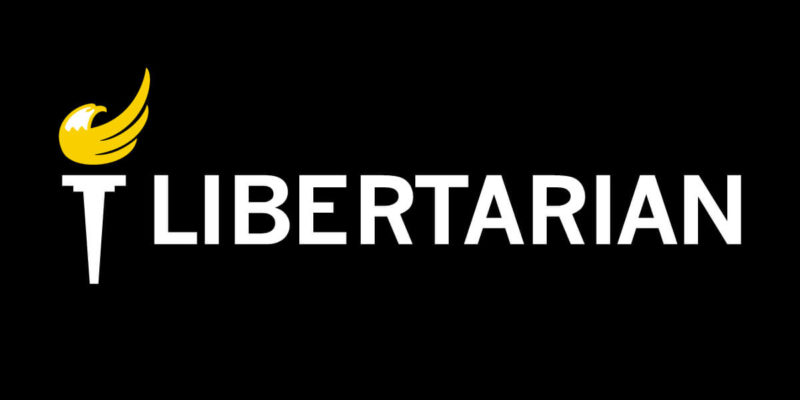Executive Director of LP Georgia, Brett Bittner, pointed me to an article regarding language buried within a transportation bill signed into law by the President that forced “roll your own cigarette” facilities to begin shutting down at midnight Friday.
 The majority of the measures that have been laid out by various media outlets are surface-positive, and very palatable to the masses.
The majority of the measures that have been laid out by various media outlets are surface-positive, and very palatable to the masses.
Media-touted advantages of this Act just in the state of Louisiana are as follows:
- Will funnel billions of dollars in Clean Water Act fines from the 2010 BP spill to Louisiana and the four other Gulf states.
- Allocates $679.8 million in the current fiscal year and $685.6 million next year in highway financing for Louisiana
- Increases the rate of gasoline tax return from $0.91 to $1.02
- Extends the flood insurance program for five years
- Cuts $651 million in federal Medicaid assistance to Louisiana, including that which provides for care of foster children and the indigent.
- Will force some homeowners and commercial property owners to pay higher premiums, up to 20 percent a year for the next five years. Rate increases currently are limited to 10 percent annually.
Some media outlets are acknowledging the down-sides of the Act, but few are pointing to the RYO facilities that laid off employees Friday. This would seem like the Law of Unintended Consequences to many Libertarians and libertarian-leaning Republicans. But the issue is as corporatist in nature as the Congress which passed it and the President who signed it into law. A look at Sponsor Max Baucus’s contributions is very illuminating.
There are obvious Corporatist advantages within the RYO legislation wrapped up in this bill. Not only will tobacco companies have once again successfully lobbied against the Free Market, but loose tobacco is taxed at a rate lower than that which is already rolled. Additionally, an RYO facility allows the consumer not only to pay less tax on their chosen vice, but to combine a variety of tobaccos to suit their own palate while allowing the smoker to avoid the tar which glues down the cilia and increases the chance of infection.
All told, 1,000 of these facilities will be shutting down operation of their $36,000 machines and laying off workers, thus contributing to our economic crisis and placing the further tax burden of Unemployment Insurance on these owners.
Interested in learning more about what this Act brings to other states? Here are a few links to drive you nuts:

